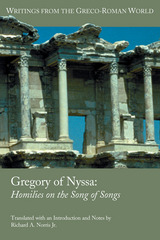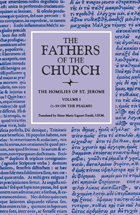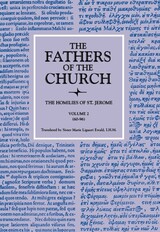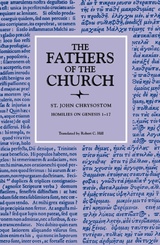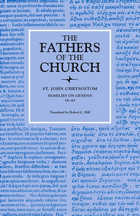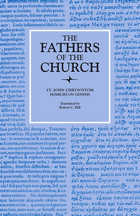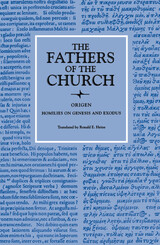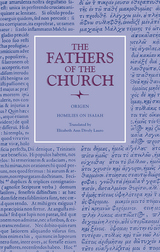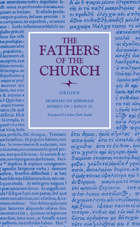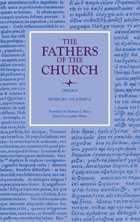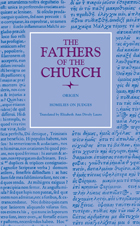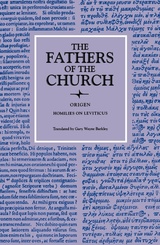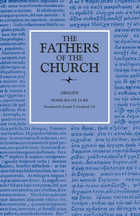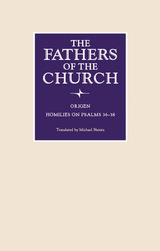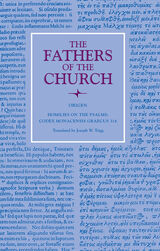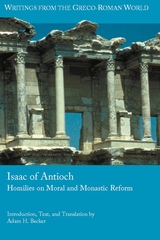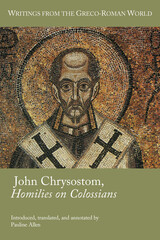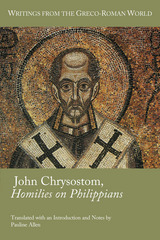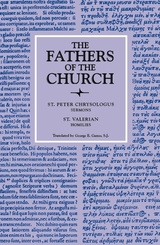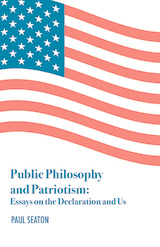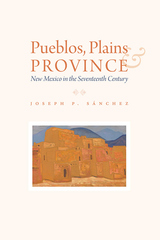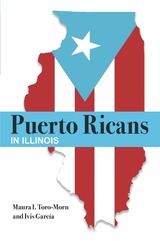Homilies on Isaiah
Elizabeth Ann Dively Origen
Catholic University of America Press, 2021
Hans Urs von Balthasar places Origen of Alexandria “in rank . . . beside Augustine and Thomas” in “importance for the history of Christian thought,” explaining that his “brilliance” has captivated theologians throughout history (Spirit and Fire, 1984, 1). This brilliance shines forth in his nine extant homilies on Isaiah, in which he employs his theology of the Trinity and Christ to exhort his audience to play their crucial role in salvation history.
Origen reads Isaiah’s vision of the Lord and two seraphim in Isaiah 6 allegorically as representing the Trinity, and this theme runs throughout the nine homilies. His representation of the seraphim as the Son and Holy Spirit around the throne of the Father brought early accusations that Origen was a proto-Arian subordinationist, followed by a pointed condemnation by Emperor Justinian in 553. These homilies, originally delivered between 245 and 248, are extant only in a fourth-century Latin translation. Though St. Jerome, likely because of these controversies, does not identify himself as the Latin translator, the evidence overwhelmingly points to his pen, and his reliability in conveying Origen’s authentic meaning is well documented.
If one sets aside the questionable charges of subordinationism, these homilies, expounding on passages from Judges 6-10, come alive with Origen’s legacy of presenting Christ as the central figure of the soul’s ascent to God. Reading allegorically the two seraphim to be Jesus and the Holy Spirit around the Father’s throne, Origen draws a picture of the Trinity as a tightly knit whole in which the Son and the Holy Spirit eternally sing the Trisagion (“Holy, holy, holy”) to each other and the Father about the divine truths of God’s nature, allowing the part of their song that conveys the “middle things” of salvation history to be heard by creation. The “second seraph” is the Son, or Jesus, who descends holding a hot coal, or Scripture, from the altar of the throne, with which he cleanses Isaiah’s lips, or the believer’s soul. Origen employs his signature exegetical method of allegory and typology through the lens of the threefold meaning of Scripture to emphasize to his hearers that Christ is the deliverer, the content, and the reward of the healing Word. He repeatedly assures them that those who submit to Scripture will enter into salvation history’s cycle of cleansing from sin, growth in virtue, and ever-deepening knowledge of God. As a result, they will become like Christ and thus will be prepared to join the Trinity for all eternity at the heavenly wedding feast.
[more]
